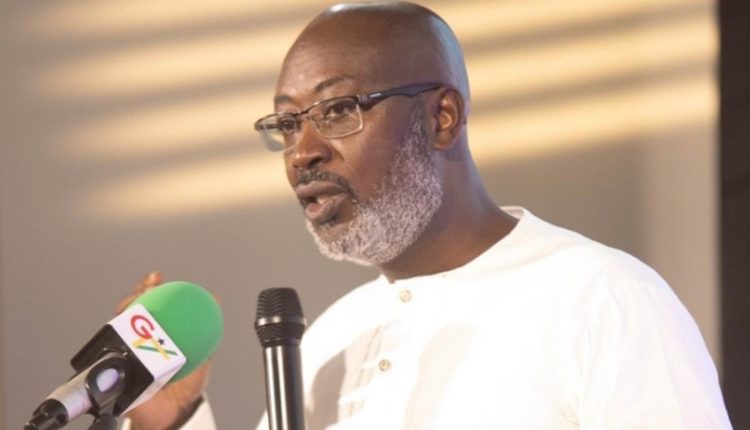Professor Solomon Fiifi Ofori-Acquah, Director of GhGenome Project has said Ghana does not have genetic programmes to diagnose rare diseases, and to identify mutations responsible for cancer in children.
According to him, over one percent of all babies with Sickle Cell Disease had one parent who was negative for the disease mutation, non-paternity might be assumed wrongly to be the reason for the phenomenon in most cases.
He made this known when speaking at the launch of the Ghanaian Genome Project held on August 24, 2022 at the Great Hall of the University of Ghana – Legon.
The initiative dubbed GhGenome is a health awareness project aimed at educating the public on the importance of genetics in health, wellbeing and diseases.
Professor Solomon Fiifi Ofori-Acquah said even though mankind has lived on this piece of land for over 2, 500 years ago, research has shown that people have been identified to have inherited from their forebears’ physique and facial appearance in what we call today as genetics.
He said while a lot of people are happy at their genetic inheritance and understands its role; there are other traits human inherit that brings so much sadness to a lot of guardians, adding “that is the reason why we’re here today”.
Prof. Ofori-Acquah further stated that the burden of undiagnosed diseases due to very low genetic information makes one individual jump to conclusion about a genetically displaced data because we don’t have the capacity to effectively diagnose this disease.
“It is our duty now to decode the mutations that cause rare genetic diseases in this country so that parents and families can be spared the suspicious look as the basis of a disease we don’t have that much power as individuals to make somebody get a genetic disease if you are here today hence the clarion call from me to rally together to create a situation where we can help families with rare genetic disorders” he said.
Professor Nana Aba Appiah Amfo – chairperson for the ceremony on her part applauded the initiative led by the West African Genetic Medicine Centre (WAGMC).
She congratulated the GhGenome Executive Committee for developing an engaging programme of activities that started with the public lecture at the height of the Ga Homowo festival.
She urged for unity and more public support for the project that has the blessing of the traditional authorities, adding the time has come to showcase to the world that the country’s universities can also make great impact on the lives of the citizenry.
She further announced that, “activities will move on to grace the shores of Cape Coast and Anloga, in the Central and Volta regions respectively. It will continue to touch the plains of Wa and Tamale in the Upper West and Northern regions, and then to the magnificent trees in the forests of Berekum and Kyebi in the Bono and Eastern regions respectively, and finally to pay homage to the garden city of Kumasi in the month of December, Akwasidae Kese”.
The GhGenome Project is a genetics health awareness initiative to educate the general Ghanaian population about the importance of genetics in health, wellbeing and diseases. The project is focused on four main areas: a nationwide public lecture series on the Ghanaian Genome; an in-country free screening of genetic diseases specifically for sickle cell conditions, breast and prostate cancers; a postgraduate genetics training programme-including the first of-a-kind MSc Genetic Counselling programme which has already begun; and the sequencing of the DNA of 1,000 Ghanaian children with severe genetic disorders. The project is targeting all Ghanaians to raise their awareness of genetic health.




Comments are closed.